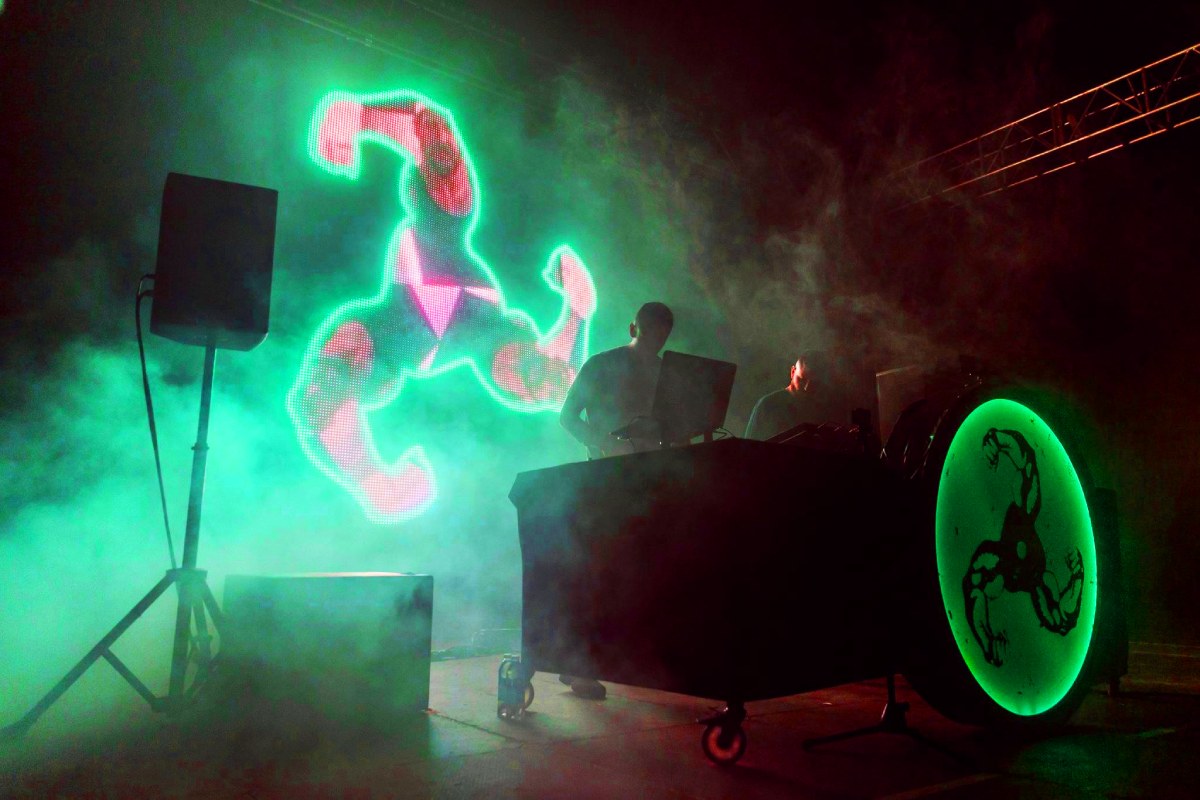Bicep's Isles album is an unmodern breath of fresh air
Содержание
2021 is already starting to get excited about releases. On 21 January, the British (or rather, Northern Irish) duo released their second ("Islands"). This release from the cult studio "Ninja Tune" (famous as the birthplace of trip-hop, IDM and other alternative semi-electronica) was expected by fans of the young musical collective, but enthusiastic responses continue to come even from areas very far from electronic music.

Belfast-London duo Bicep are Andrew Ferguson and Matthew McBriar. Formed in 2009, the musicians quickly formed a unique and recognisable style. It is difficult to differentiate it, but the music-lover's ear catches elements of Chicago house, Detroit techno, Madchester, breakbeat, downtempo, French wave (so-called nu-disco) and, of course, Bristol sound and even classics (for some reason Camille Saint-Saëns and Albert Roussel come to mind) in Bicep's sound. But it is not easy to analyse the sound of the Irish in such a pathological way - it is dense and yet graceful, bright and airy - like lace. Their first album (2017), the band's eponymous album, received a plethora of accolades from leading music publications who read it into their "releases of the year". The album was mainly characterised as "fresh", "surprising", "airy" and yet "confident" and "danceable".

All of the aforementioned epithets can be applied to the album "Isles", but to an even greater extent. The ears of the music lover in 2020 were totally raped by self-isolating, home-made and homemade releases, completely devoid of such integral components of music as elegance and sincerity. "Zoom's music-making", burdened by the lack of income from failed concerts, gave rise to a plethora of heavyweight releases - sometimes technically flawless, but strongly reminiscent of the dystopian products of Zamyatin's "musical machines" (through which any talentless person could extract a melody by simply turning a knob). It seemed that it was time to get used to it: to sounds attached to other sounds by means of a computer programme and practically not reflecting the talent of real musicians. And I thought that such "drive of studio work" would be something to tell my grandchildren about - as about mobile phones and telegrams (paper ones).

And there it was!.. Refined, mesmerising, tied like lace, mostly in high tonalities, but nevertheless incendiary and brave (which I immediately noted while jogging to this music). The album consists of 10 tracks with intricate but one-word titles (like the previous one). There are also two collaborations - where can we go without them now - with the famous cellist Julia Kent and the band MACHINA. ). There are only two vocal numbers with Clara La San, and these tracks are the most surprising. In them, the vocals sound like Hindu incantations, enhanced by samples of an Orthodox choir - with all the charm of Eastern colour. And, as always in Bicep's case, everything is in moderation, without overloading with orientalism. Strings are easily knocked down into polyrhythm, which is immediately picked up by the dense sound of synthesisers in the spirit of Daft Punk. Echoes of oriental motifs suddenly cross with retrowave warm sound - but without the sentimentality inherent in this boring genre. Everything is in moderation. The music is melancholic, but without sadness. It is rhythmic and danceable - but without losing your head. If it is possible to refer this word to music, then the album "Islands" - is kind and uniting (oh, how we all missed it!...). According to the musicians-creators, their goal was to create music that reconciles, heals and inspires - to make a club or a dance floor a place of sincere unity, inspiration for simple and joyful deeds, for trust and hospitality.

Today, electronic music is spreading in opposite directions (exactly like "classical" in the 19th century). On the one hand, there are the experiments of original DJs trying to get as far away from the mainstream as possible into a frenzied IDM or even further into some kind of vaporwave, accessible only to the prepared and very patient listener. On the other hand - poppification, enslavement to the ubiquitous ticking of drum machines, recitative rhythms and soulful howls - as close to the radio format as possible.

And Bicep are not at all looking for a convergence of these extremes of "elitist" and "mass" cultures - they have woven their own inspiring and incredibly original sound. It seems that these horizons will take hold - just as the "Leftfield genre" emerged at the time it was named after the Bigbeat crew that pioneered this sound, just as many bands in their time tried to "play like Prodigy" - so Bicep may have given us a whole new sound - sublime, sparkling, exuberant and promising. "Playing like Bicep" - that's how one would characterise the musicians who burst into the musty atmosphere with an uplifting sound that pulls people together - away from their contradictions, contrivances, separateness and self-isolation.
Track list:

"Atlas."
"Cazenove."
"Apricots."
"Saku."
"Lido."
"X"
"Rever."
"Sundial."
"Fir."
"Hawk."
Author - Kirill Kungurtsev



